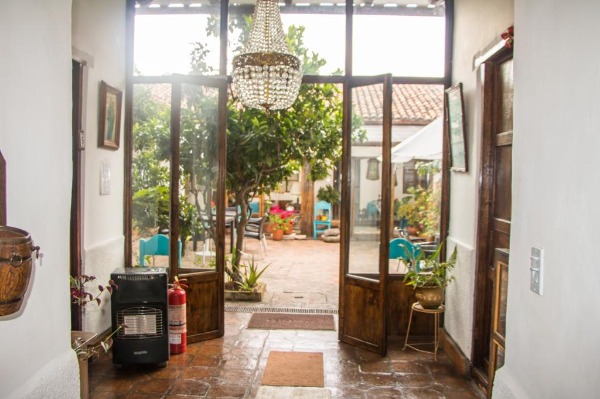Free trade agreement with EU signals Ecuador’s grudging return to the economic mainstream
By Ramiro Crespo
On November 11, Ecuador and the European Union finally signed off on the former’s accession to a free trade agreement (FTA) that was originally slated to include the whole of the Andean Community of Nations (CAN).
 By closing the deal on that date and setting up a fast-track ratification procedure, the government barely managed to avoid the expiration of free-trade access of numerous goods to the country’s biggest non-oil export market at the end of this year. The occasion also marks another step in president Rafael Correa’s grudging crawl back from economic isolation back into the mainstream.
By closing the deal on that date and setting up a fast-track ratification procedure, the government barely managed to avoid the expiration of free-trade access of numerous goods to the country’s biggest non-oil export market at the end of this year. The occasion also marks another step in president Rafael Correa’s grudging crawl back from economic isolation back into the mainstream.

President Rafael Correa
Before the advent of the economically heterodox, largely protectionist wave of governments in Latin America, the EU sought to negotiate trade deals with other trade blocs rather than individual countries to obtain greater scale. Yet while even hard-left governments in Central America went ahead with this plan, it floundered in South America as the regional trading blocs – CAN and Mercosur – remained mired in internal problems. Ecuador and Bolivia opted out, leaving Peru and Colombia, by far bigger economies, to complete the EU deals. While the administration insists it hasn’t abandoned its anti-free trade policies, denying that the deal is an FTA, Ecuador’s multi-year abstention from the negotiations with the rump-CAN reduced its chances at influencing their outcome.
At the same time, the change of economic fortunes as the price of oil collapsed and the dollar revalued globally forced the Ecuadorians back to the negotiating table. Additionally, plummeting Ecuadorian demand helped to soothe the government’s fears of a hemorrhage of dollars overseas: According to central bank data, exports to the EU shrank by 2.6% on the year to $1.91bn from $1.96bn January through August, but imports plummeted 33.7% to $1.12bn from $1.69bn over the same periods. According to the trade ministry, led through the final stages of the talks by Juan Carlos Cassinelli, a longtime associate of Correa, the deal protects 41,000 jobs that otherwise would have likely been lost as duties would have surged from zero to 23% on tuna or to 30%-34% for canned goods. Among individual product groups, Ecuador excluded imports of milk and fresh cheeses as well as rice and corn from liberalization, while duties on crucial exports like bananas and shrimp will fall (in the case of the former to €97 euros from €104 per ton and to zero from 3.6% for the latter).
Correa still falsely claims that Colombia and Peru have devalued their currencies against the dollar and blasted shoppers for fleeing Ecuador’s high-priced stores to places like Ipiales in Colombia and Tumbes in Peru (even though government officials including the president himself have been photographed shopping at luxury overseas stores). Yet with his presidency due to end next May, aside from the unsurprising protests by indigenous umbrella organization CONAIE (although indigenous fair-trade products stood to lose their biggest market), a pro-trade consensus does appear to have finally emerged in Ecuador.
Trade liberalization talks will start with the European Free Trade Association in the near term, and three rounds of negotiations have already gone ahead with South Korea.
In a sad twist of irony however, the prospects of a deal with the U.S., scuttled in 2006 with the confiscation of US oil company Occidental Petroleum’s assets here, have now been torpedoed from the U.S. side by the election of Donald Trump, who resembles Correa in many ways beyond his visceral protectionism.
_________________
Ramiro Crespo is an economist and chairman of the board of Quito-based Analytica Investments, http://analytica.ec/





















